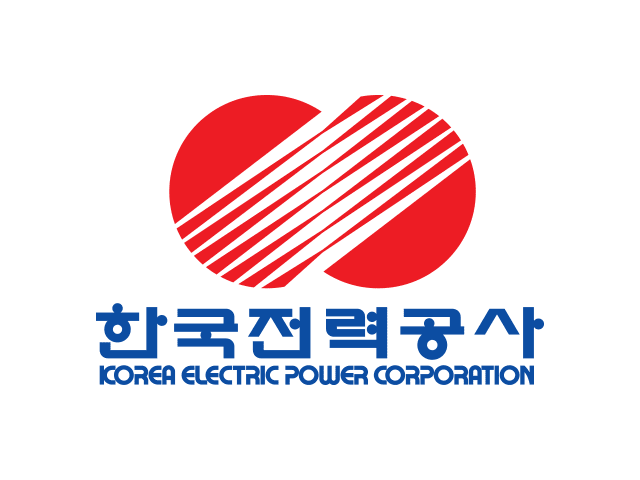The Peninsula
South Korea Struggles to Balance Energy Demand

This briefing comes from Korea View, a weekly newsletter published by the Korea Economic Institute. Korea View aims to cover developments that reveal trends on the Korean Peninsula but receive little attention in the United States. If you would like to sign up, please find the online form here.
What Happened
- Ministry of Trade, Industry, and Energy (MOTIE) announced the nation’s Third Energy Master Plan for 2019-2040.
- The plan aims to increase the use of renewable energy from 7.6 percent to 30-35 percent by 2040.
- Meanwhile, MOTIE and the state-run electric utility Korea Electric Power(KEPCO) had a meeting to discuss alternatives to the current progressive electric billing system.
- The progressive billing system charges households a substantially higher rate when their utility consumption exceeds a certain level. This billing system disincentivizes electricity usage.
Implications: The South Korean government is struggling to balance the administration’s desire to lower people’s cost of living and its need to transition to cleaner sources of energy. To deliver cheaper energy to households, the Moon administration looks to temporarily suspend the progressive billing system. However, the existing policy disincentivizes energy consumption – and lifting the billing system may lead to increased demand for power. The potential increase in the usage of electricity poses not only environmental challenges but also makes the transition away from cheap sources of energy (coal, nuclear) much more challenging for KEPCO. Even without the changes in the billing system, many experts anticipate the Third Energy Master Plan to increase the cost of living for ordinary people. In fact, industry experts believe that the state-owned utility provider is engaged in a signaling campaign to normalize the idea of paying more for electricity. With the public sensitive to both changes in the cost of living and increased air pollution, the Moon administration and its successors will continue to struggle to balance these demands.
Context: Previous administrations under Park Geun-hye and Lee Myung-bak had a pro-nuclear policy. In the Second Energy Master Plan, the Park administration placed emphasis on promoting cost-effective nuclear power. The Moon administration reversed this effort, criticizing the existing plan for lacking consideration of public safety and the environment. However, with KEPCO already reporting financial difficulties, President Moon’s policies may be criticized by the opposition for lacking economic feasibility.
Korea View is edited by Yong Kwon with the help of Yea Ji Nam, Steven Lim, Haeju Lee, Stephen Eun, and Emily Gibson.
Picture from KEPCO
